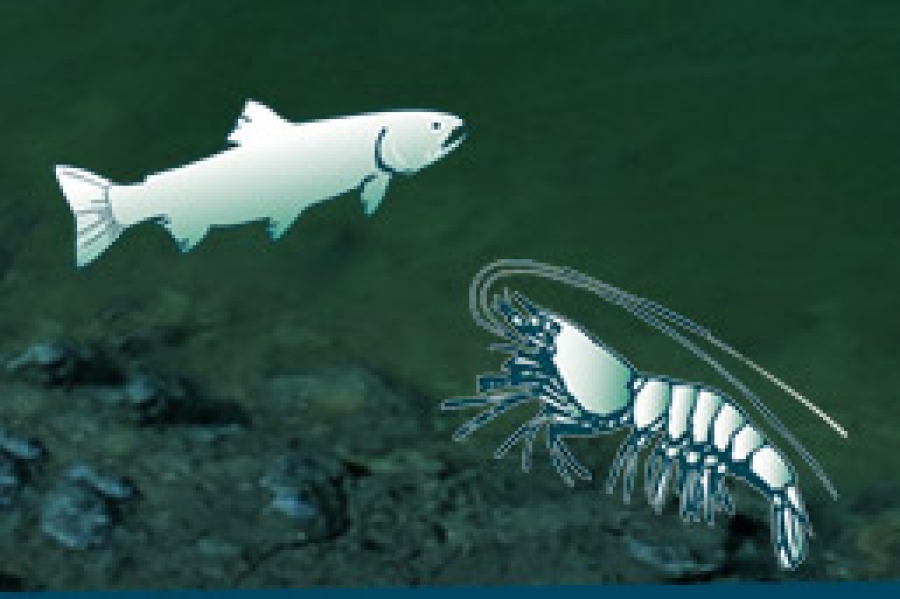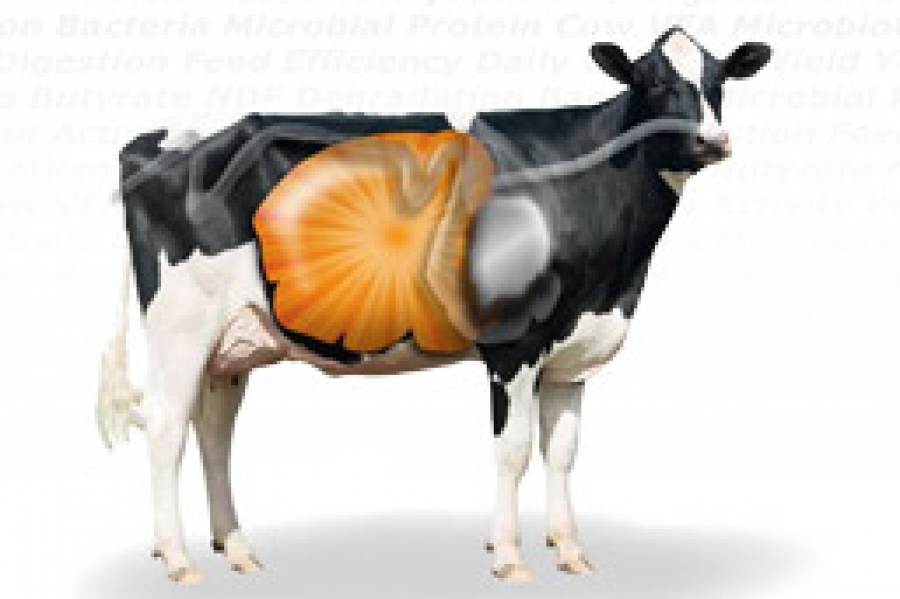the basal diet (control). The basal diet was supplemented with probiotic (150, and 200 g of protexin® /ton of the starter diets and 100 and 150 g/ton of the grower diets), rebiotic (500, and 1000 g of technomos®/ton of the starter and grower diets) and synbiotic (Biomin IMBO®: 1000 and 1250 g/ton of the starter and 500 and 750 g/ton of the grower diets). Results & Conclusion: The antibody (ab) titers against newcastle disease virus (NDV) were significantly (P< 0.01) increased by the dietary inclusion of either prebiotic (1000 g/ton), and synbiotic (500, and 750 g/ton) at 42days of age as compared to the control and probiotic-fed broilers. Moreover, a slight improvement in immune status was observed at 35days of age in broilers fed the probiotic 100 g/ton) compared with control birds (P < 0.05). An improvement of immune status was detected by densely populated immunocompetent cells in the lamina propria and submucosa of ileum in prebiotic and synbiotic-supplemented chicks. Supplementation of technomos® at 0/1%, and Biomin IMBO ® at /05% and /075%, in the diet had positive effects on immune status of broilers. Increased bacterial resistance to antibiotics in humans has caused a increase in public and governmental interest in eliminating sub-therapeutic use of antibiotics in livestock. An alternative approach to sub-therapeutic antibiotics in livestock is the use of probiotic microorganisms, prebiotic substrates that enrich certain bacterial populations, or synbiotic combinations of prebiotics and probiotics. Therefore, this indicates an enhancement effect of prebiotic and synbiotic on the immune system of broilers.
کد مقاله : BIP-009
پس یادداشت کد مقاله بر روی دکمه زیر کلیک نمایید








